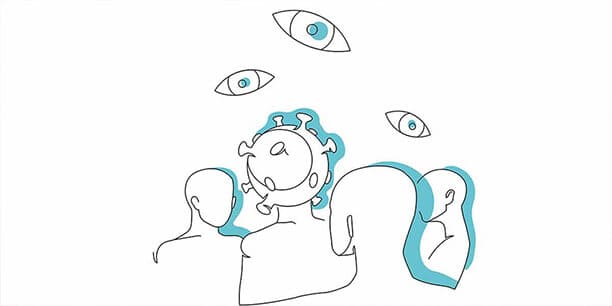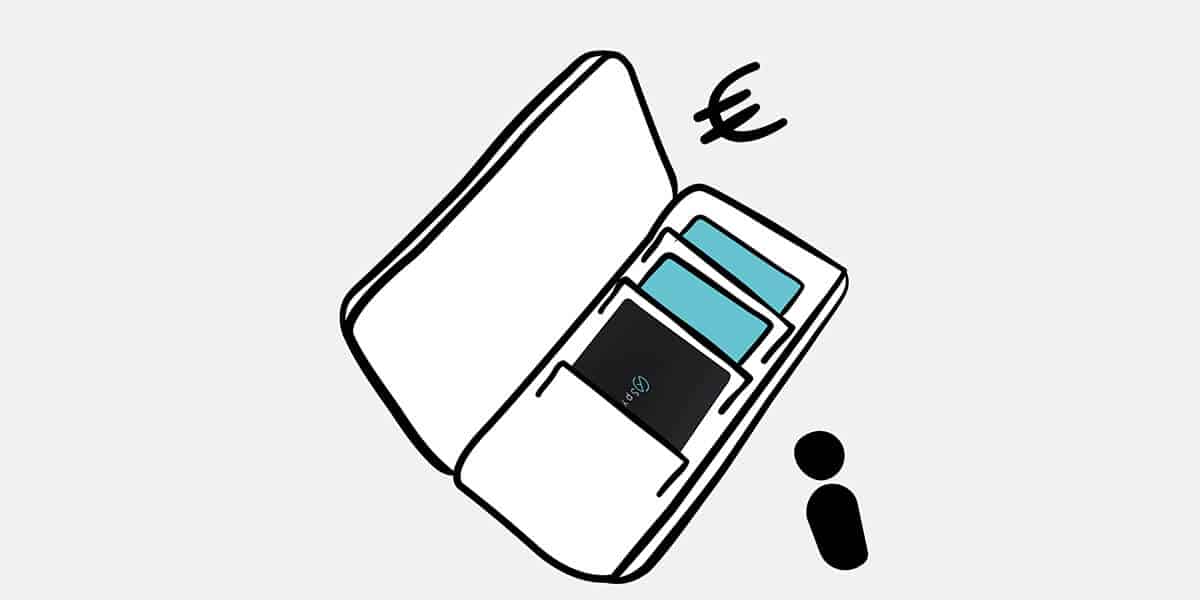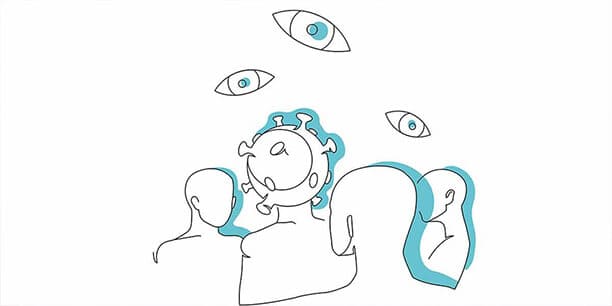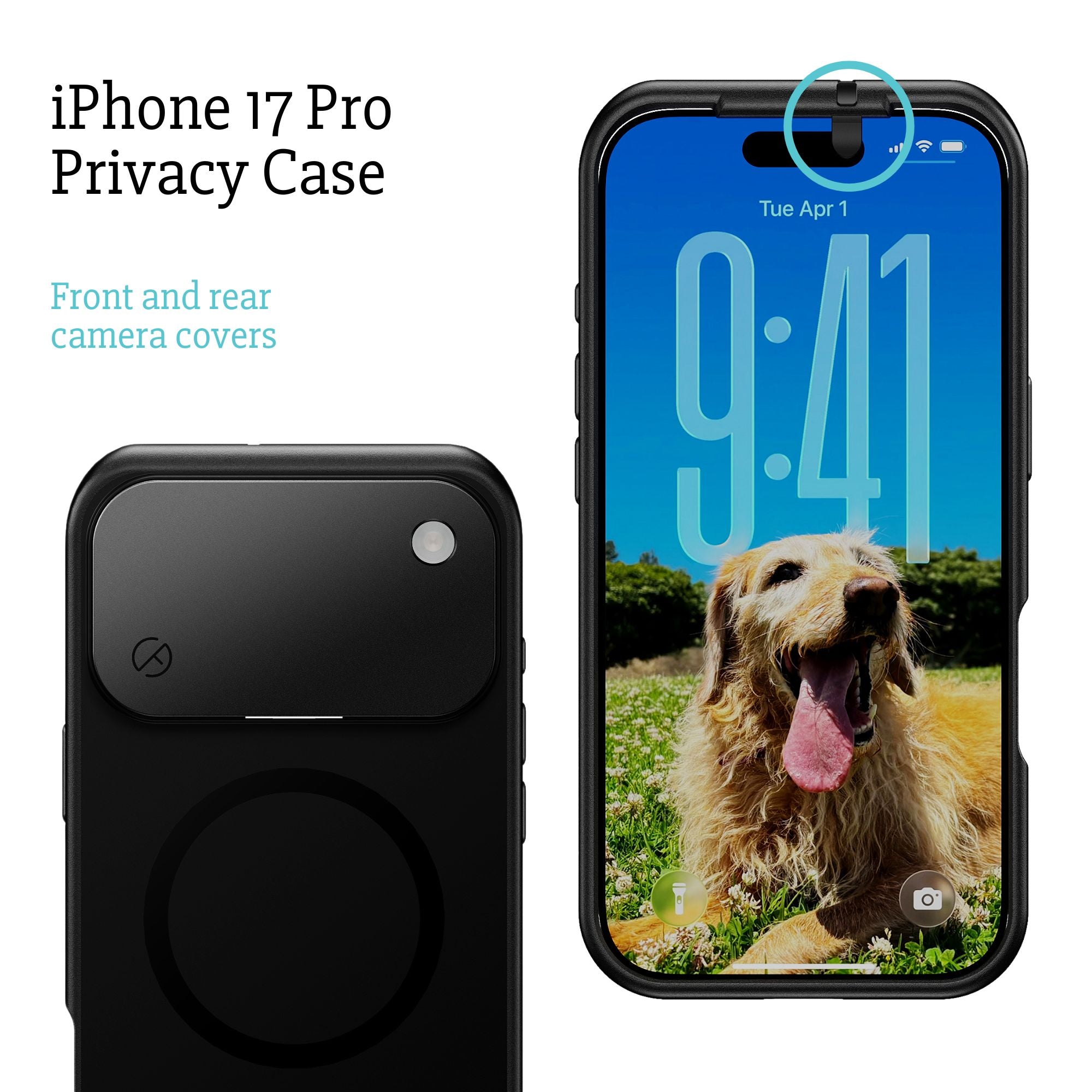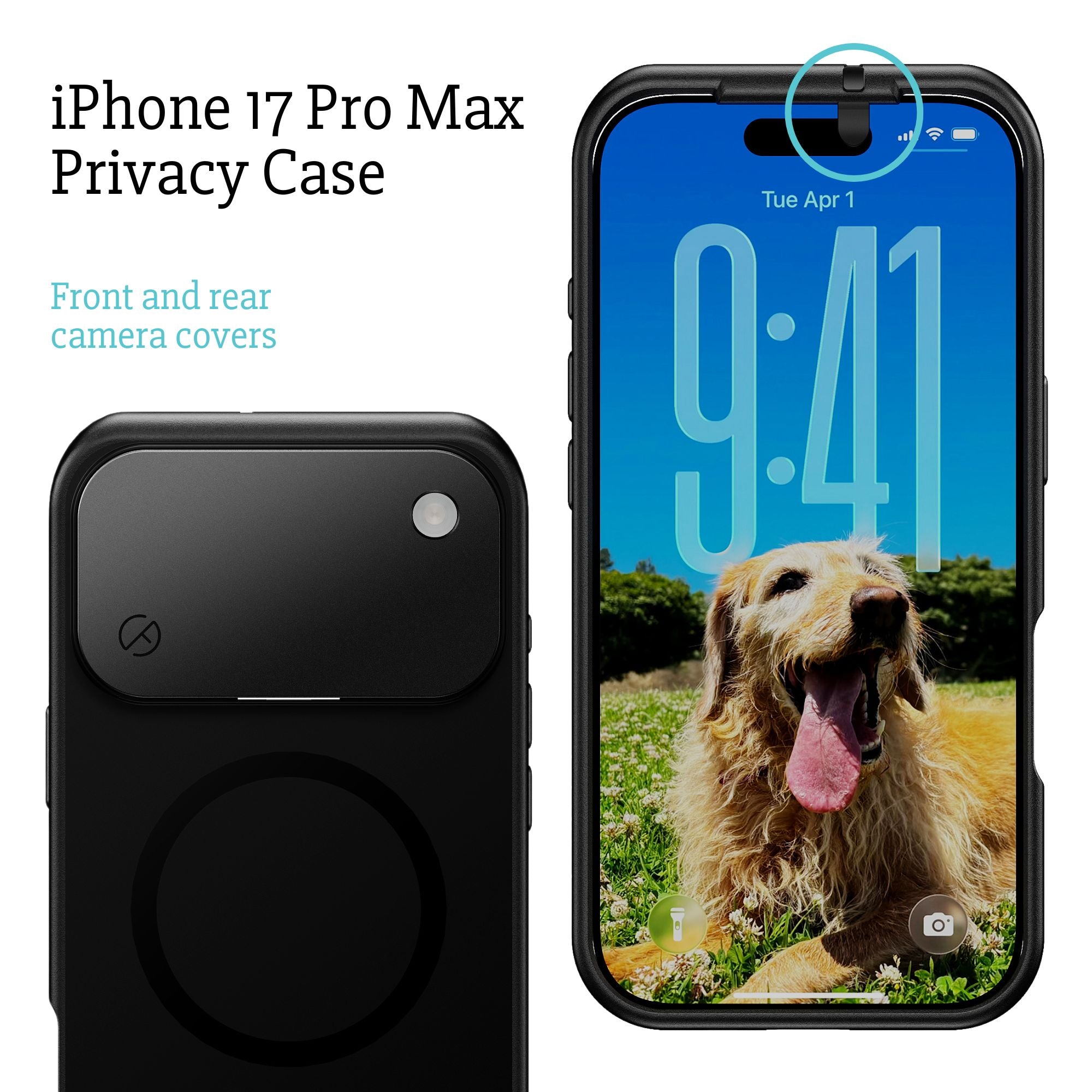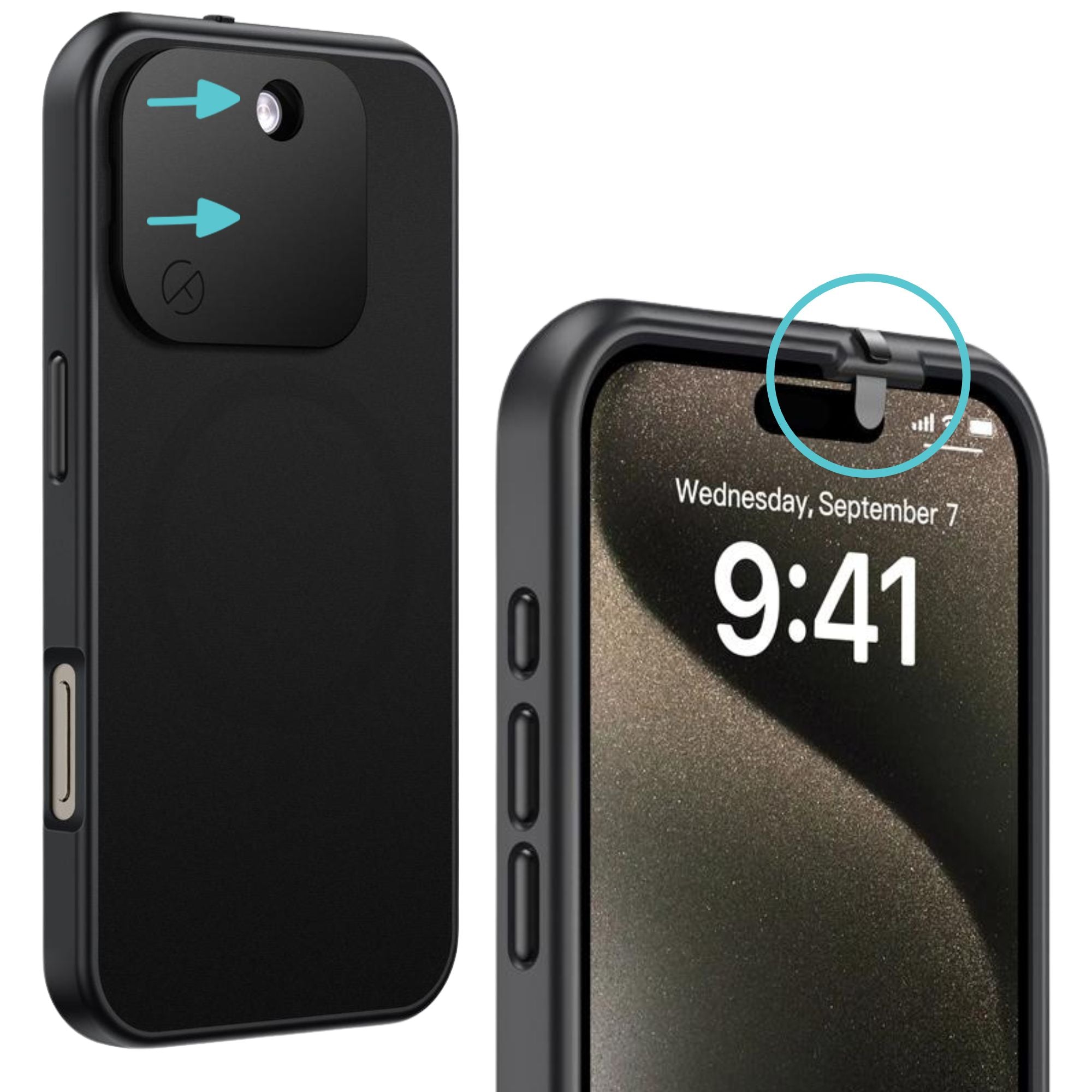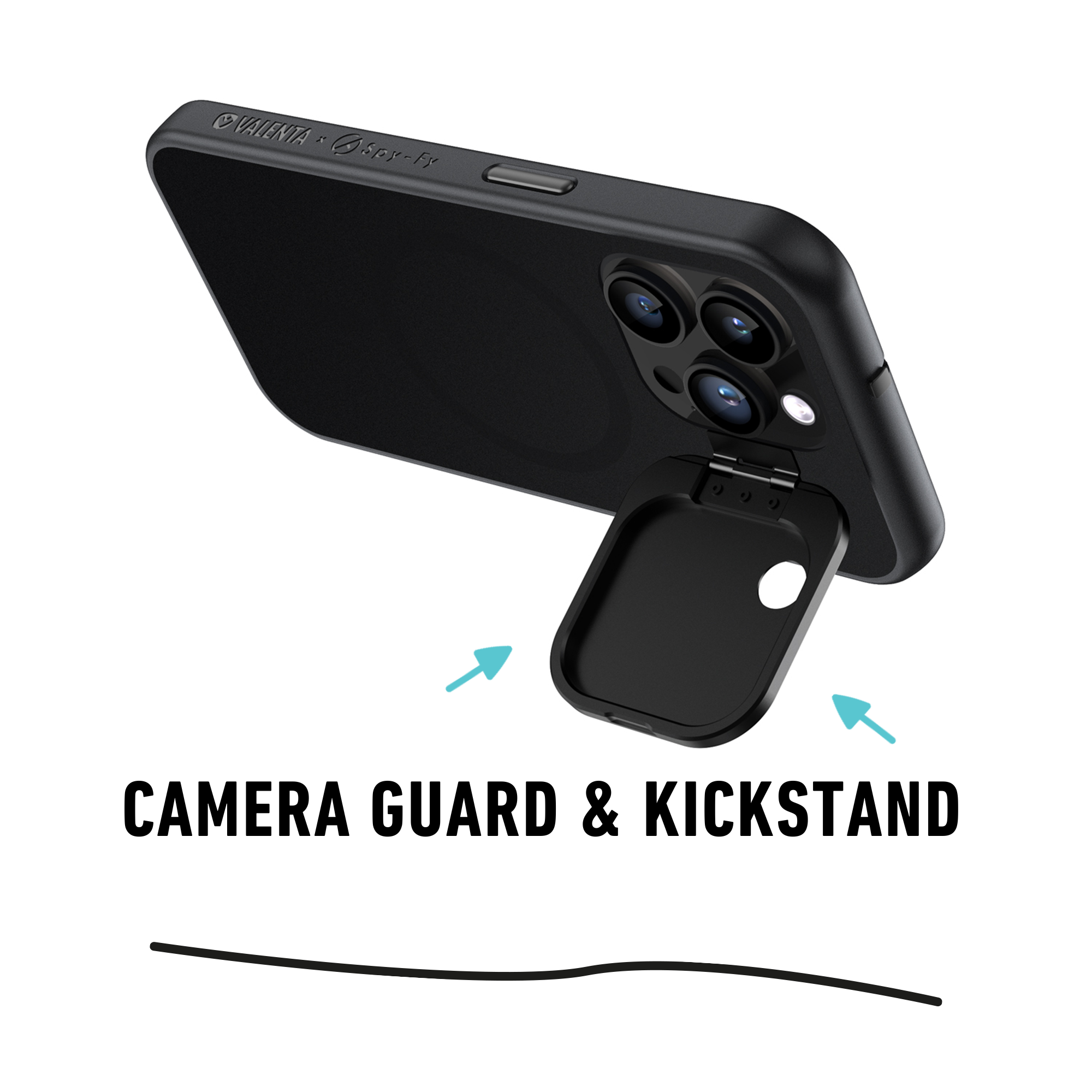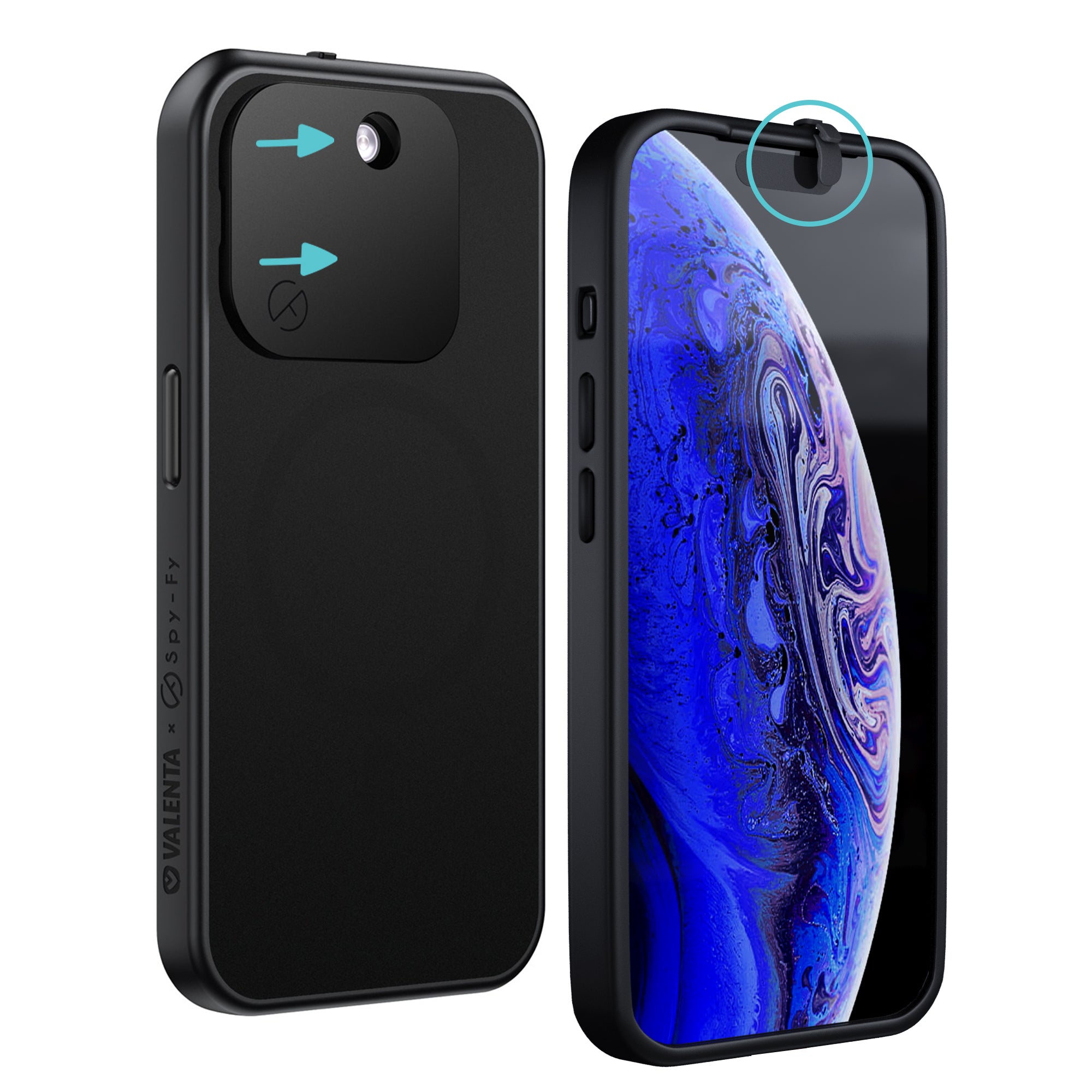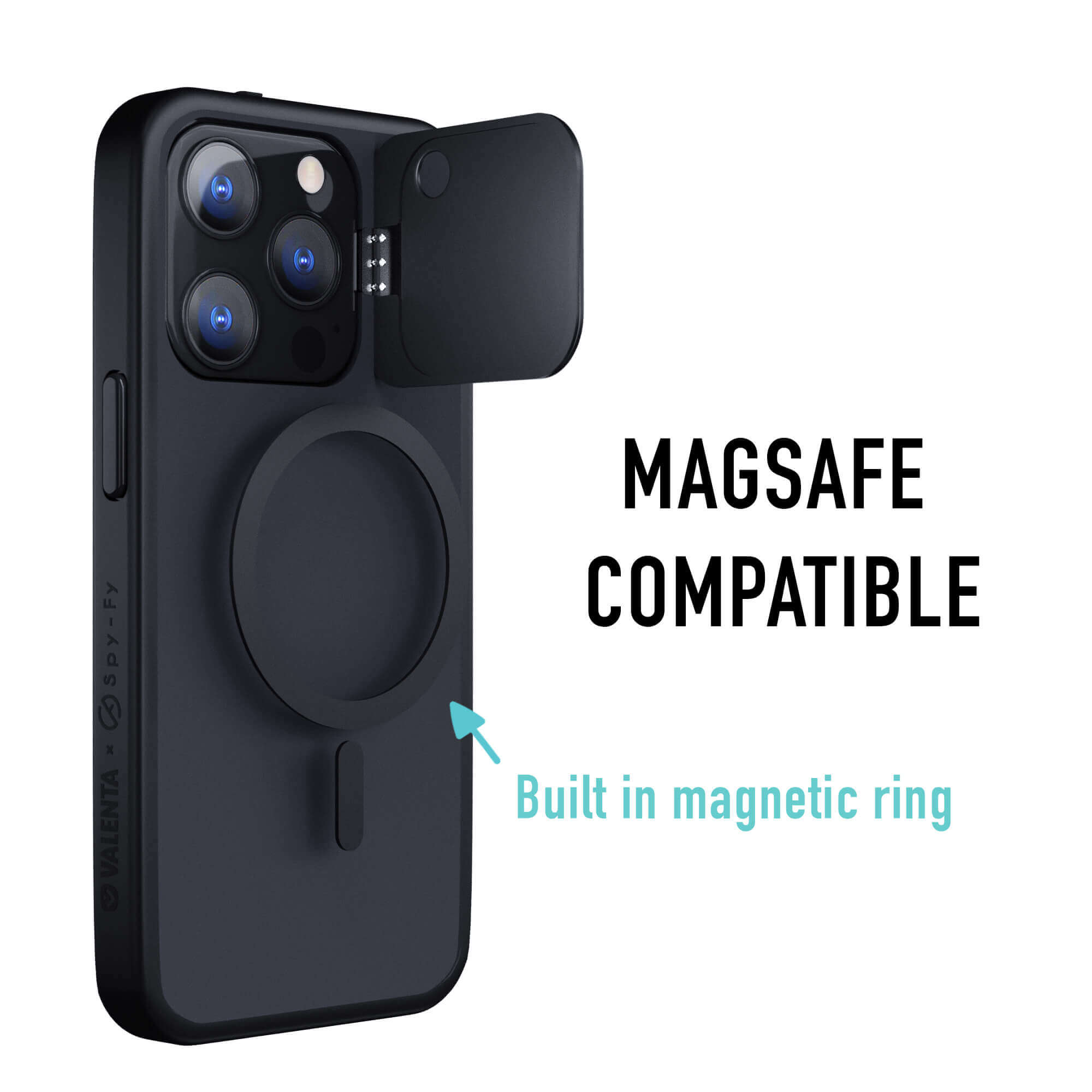In short this article:
- Summarizes key points in the ongoing privacy discussion related to the coronavirus.
- Discusses the use of mobile applications in the fight against the coronavirus
- Explains why we shouldn’t just give up on privacy
- Emphasizes why “It’s not about you, it’s about us”.
Reading time: 5 minutes
Around the world, many countries are currently considering the use of different digital means that could be used to track the spread of COVID-19. For example, in the Netherlands a recent press conference announced the Dutch government’s intention to use Coronavirus mobile applications in order to fight the virus. Despite the privacy implications of using personal data to track the virus, 78% of Dutch participants in a survey of 2,300 individuals indicated that they were willing to install this app. Because what have do we have to hide? Isn’t public health more important than our privacy?
If citizens in other countries share the same sentiments as these Dutch survey participants, then it seems as if the majority of us may be willing to give up our privacy rights in exchange for an unproven solution with unknown, long-lasting consequences. Why can’t we let this happen? What do the privacy and the coronavirus have to do with each other? And what are the arguments against using mobile technology against the coronavirus from a privacy-aware perspective? In this article, we aim to answer these questions for you.
Privacy and the Coronavirus
When the world is in the grip of a pandemic, why does some abstract concept like “privacy” matter?
Let’s start with the basics: what is privacy?
According to the International Association of Privacy Professionals (IAPP), Privacy is “the right to be left alone, or freedom from interference or intrusion. Information privacy is the right to have some control over how your personal information is collected and used.” Many governments are turning to surveillance technologies that could be used to track individuals or groups of people in order to combat the spread of the coronavirus. As soon as governments and companies start using mobile technology to prevent the spread of the virus, the chance of privacy violations occurring is increased considerably. The choice to share your personal information is no longer your individual choice. As a member of society, the choice is shared between you and your country’s government. Therefore, your personal information becomes part of the “solution” (i.e. the surveillance technology), whether or not you want to act.
On 3 April, 2020, Amnesty International issued a warning describing the potential threat to privacy and human rights related to digital surveillance technologies that may be employed to fight the coronavirus. The issue is not whether or not the surveillance technologies will aid in the containment of COVID-19; surely these solutions may help the cause. The problem is that these surveillance technologies may have long-lasting consequences on the use and collection of personal location data. Using these technologies in a way that will mitigate the potential privacy risks is paramount.
Mobile technology being used to fight the coronavirus: the Corona Apps
This will be the first time in the history of mankind that a pandemic of this scale will be fought with mobile technology. In the digital age in which we live, the worldwide and frequent use of smartphones offers numerous options for fighting the spread of the coronavirus. For example, China, South Korea and Singapore are all using apps on either a voluntary or mandatory basis in order to inform citizens who have been in contact with an infected individual that they are at risk. Citizens who are at risk are then obligated to go into quarantine for two weeks.
Europe has adopted a widespread collection of smartphone data for this purpose. In Austria, the telecom giant Telekom Austria AG announced that it is sharing anonymous data with the government. The Belgian government announced that telecom providers there are also sharing their data with the government to battle COVID-19. The data collected is used to track the movement of the population. Using this information, more accurate models can be created to map the scale of the virus outbreak.
The Dutch government has announced its intention to use two Corona Apps to fight against the coronavirus. The first app will be used to determine symptoms and the progress of the disease in individuals. This app will be used in conjunction with RIVM (The Dutch National Institute for Public Health). The second app is a so-called “tracking app”: this app works by using Bluetooth technology in which surrounding devices are automatically connected to each other for a brief moment. The data collected from this is used to create a log to record who you have been in the range of (within 3-5 meters) during a specific period of time.
For example, if you take the bus, your smartphone will briefly connect to all the smartphones of the passengers around you. If one of these people tests positive for the virus, the entire logbook of those who also had the app will receive a message that they have been in contact with an infected person. If you have been put a risk, you are then advised to go into quarantine to prevent the spread of the virus.
The use of mobile technology by companies in the fight against COVID-19
Apple and Google have announced that they will work together in a joint effort to develop tracking software to combat the coronavirus. They aim to create APIS to use cross-platform Bluetooth technology to track people. Apple and Google’s tool allows app makers to use Bluetooth to let people know when they have come into contact with someone who has been diagnosed with the coronavirus. This is a process called “contact tracing”. The data will remain on your phone for 14 days and would “only be used for contact tracing by public health authorities for COVID-19 pandemic management” according to Google.
Privacy issues regarding the COVID-19 Apps
Why should we be cautious about using mobile technology in fighting the coronavirus?
The coronavirus has shaken the world as we know it. Hardly anyone saw this crisis coming a few months ago in early 2020. The measures that have been imposed around the globe are strict. There is no denying that society has suffered in many different ways. But despite the fear and uncertainty in these trying times, it is not wise to blindly give in to unproven solutions with untold implications on the future of privacy rights around the world. And yes, these solutions sound tempting, logical and effective. After all, who among us doesn’t want this crisis to end as quickly as possible? As an individual, it feels like you can contribute to the global fight and help solve the coronavirus; all you have to do is install an app giving the government permission to follow every move that you make. Although this sounds like a tempting solution to free us from this misery, at Spy-Fy we want to stress to you, this is not the solution you are looking for. There are still a number of privacy issues that need to be addressed:
- How effective are these so-called Corona Apps in controlling the coronavirus? Nobody knows. While it may sound like a sound solution to combating the spread of COVID-19, so far, no scientific research has confirmed the effectiveness of using mobile apps against the virus. It is also important to note that the most vulnerable target group, the elderly, probably don’t even have a smartphone. Therefore, they probably wouldn’t be able to make use of these apps. And how effective is the use of mobile technology if half of the population does not cooperate and the other half does? Furthermore, how “voluntary” will the use of these apps remain?
- Will tracking/surveillance technology become the norm? How can we be sure that once implemented, this technology will be withdrawn from use after the crisis? How long would the government be allowed to use COVID-19 as an excuse to control and deploy tracking systems on a large scale? When there is a vaccine? Or in, say three years if no more infections are detected? We must prevent pandemic prevention from becoming that key that unlocks the massive deployment of surveillance systems by governments and companies. Especially if scientific research has not yet confirmed the effectiveness of tracking technology in the fight against the coronavirus.
- Who would we rely on for these surveillance solutions? Can they be trusted? According to Amnesty International, the US may be considering using Clearview AI and Palantir, two surveillance vendors with a shady track record. Although many governments may rely on the assistance of private companies to help with these technical solutions, people have a right to know who is involved, and how these actors will benefit from their contribution. This is especially relevant if these solutions could eventually lead to human rights violations (this is a concern shared by Amnesty International).
- What are the privacy risks if this data is leaked? If there was a modern-day goldrush, then data would be the gold. The combination of data collection, machine learning and advanced modeling tools is now capable of mapping how certain groups within populations live, move and plan their day. The scale on which this can be mapped has never been as extensive as it is today, especially considering the data that can be collected through social media. As soon as you are able to map all of this data and combine it with other data sets, accurate predictions about people’s actions and movements can be predicted. For example: if population A has made a certain movement in the past, what is the chance that they will do so again in the future? And, knowing this information, can we steer where population group A is going tomorrow? This concept is used en masse for political and economic purposes. Because of this, governments and companies have good reason to get their hands on these data sets. How do we ensure that this data is secured, and how can we guarantee that nothing will go wrong?
It’s not about you.
The data we are talking about is not just about you and your actions. I hear a lot of people say “I have nothing to hide, so who cares if my data is collected!”. But, it’s not about you, no one cares if you go from your house to your office, and then to the supermarket, and then back home. It’s actually about the huge amount of meta data that is being collected. Meta data includes data points that are not focused on content but on things such as frequency, timing and location. So, for example, how often and when do people tend to go to the supermarket? (Not just you). Knowing this information, how can we make use of this data to maximize our profits? This is the data that as the potential to be used for large-scale manipulation on a political and economic level.
Can privacy and the fight against the coronavirus work hand in hand?
Today’s technology offers a multitude of wonderful opportunities to make life easier, more transparent, and more challenging. But this doesn’t mean that we have to put surveillance systems in place without properly vetting them. This isn’t a solution that should be rushed into, but one that requires careful thought. Clear agreements would have to be made in order to minimize the potential damage of deploying such a system. We propose:
- Setting pre-agreed time limits for the deployment of this technology;
- Clear restrictions on how this data will be used;
- Guarantees about the security of collected data;
- The participation of pro-privacy parties in the discussion of this plan;
- Dynamic research into the effectiveness of the deployment of this technology;
- And finally, citizens around the world must, at all times, be able to make a conscious and responsible choice about their cooperation.
“By selling tools of surveillance as public health solutions, authorities and all-too-willing companies could rewrite the rules of the digital ecosystem in corona-colored ink – which we fear is permanent. We must not sleepwalk into a permanently expanded surveillance state.”
